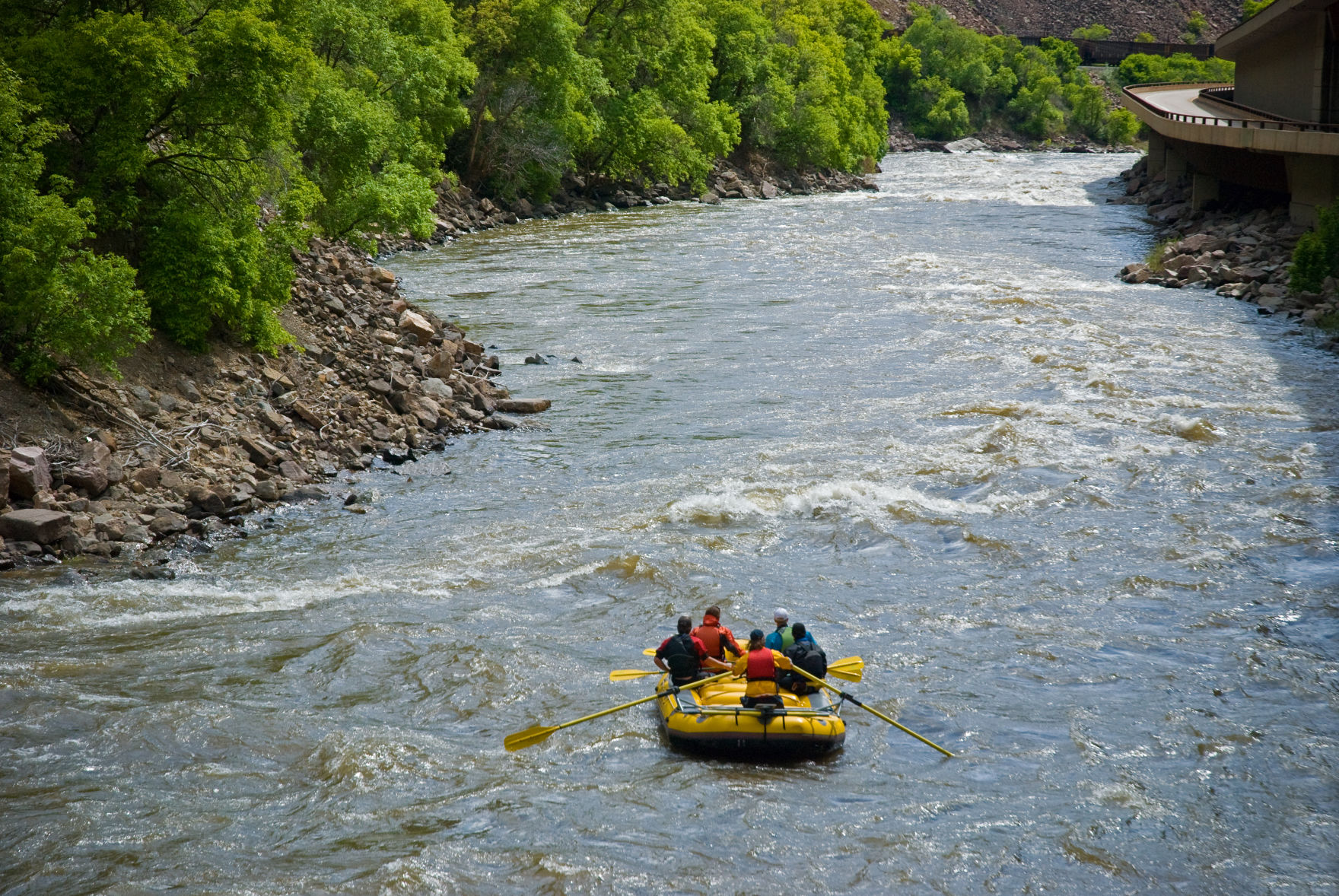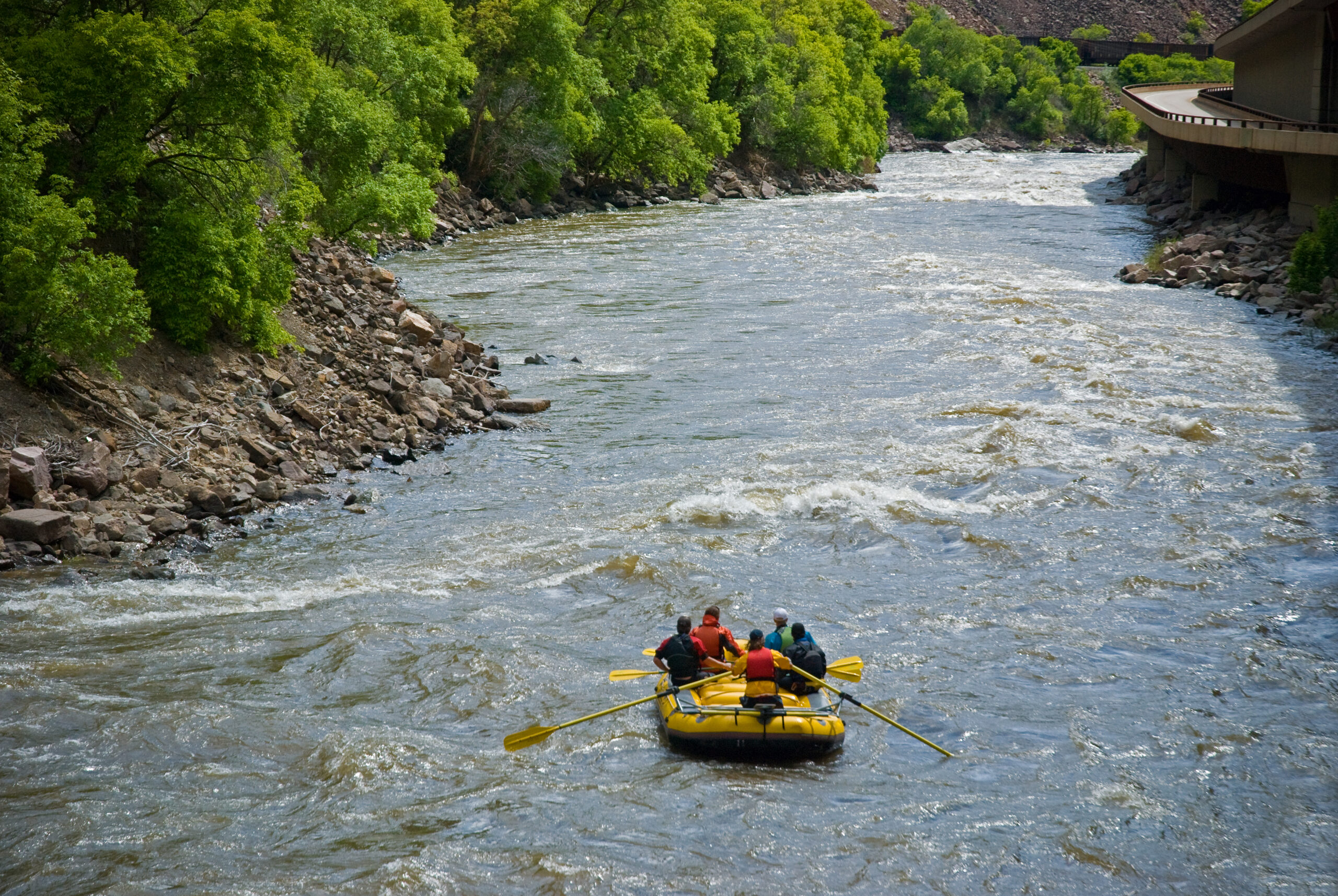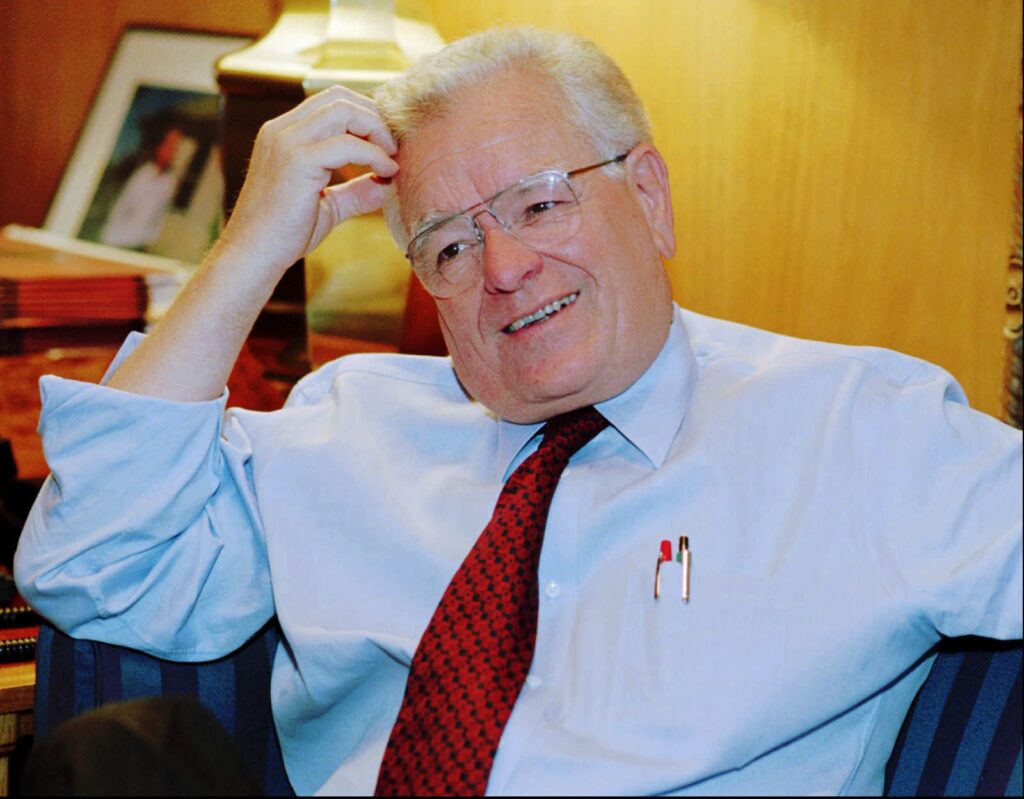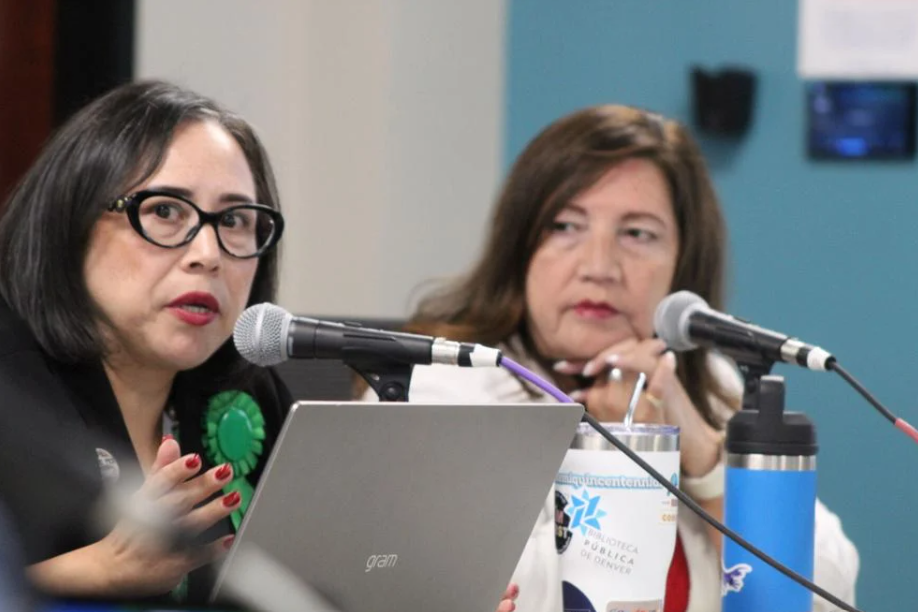PLAIN TALK ABOUT RURAL COLORADO | Kathleen Curry: An eternal struggle over water

It’s true – we folks in rural Colorado have the rights to most of the water flowing in this state. And here’s another truth – non-rural Coloradans will be needing more water than they have rights to — potentially A LOT more.
In our bi-polar world, rural Coloradans and non-rural Coloradans seem to be in an eternal struggle over water. Here is my own personal take on two issues that many rural water users are concerned about, and how we might be able move forward.

Problem No. 1: Colorado River shortages
I would put pending shortages on the Colorado River at the top of the list of rural Colorado’s water management concerns. If you are reading this and live on the Front Range, you might be thinking that a potential Colorado River hydrologic train wreck wouldn’t directly impact you. This is a misconception; half of the water that Denver Water relies on is imported from the Colorado River basin. In other words, rural and non-rural water users on both sides of the divide depend on the river.
So, if the Colorado River supply is short, then water users on both sides of the Continental Divide will have to cut back, right? Maybe not. People in rural Colorado are wondering how a shortage would actually be addressed and whether or not the municipal users will be required to reduce their water use along with the farmers and ranchers.
In order to try and avoid the shortage scenario, it makes sense to try and prevent or delay it. That is exactly what the state agency that manages water for all of us is working on. The Colorado Water Conservation Board is spearheading efforts to delay a potential shortage by studying options for reducing water use, and is working with folks from all sides to try and chart a path forward.
The idea of being pro-active is a good one – but it should be noted that the pending shortage on the Colorado is not entirely our fault. (I know that sounds like something my kids might say, but in this case it is actually true.) The Colorado River lower-basin states have historically been using more water than they are entitled to, and that, combined with upper-basin hydrologic factors, is driving a potential shortage.
We can study how to cut back our water use in Colorado, but equal effort should be applied to trying to get the residents of California, Nevada and Arizona to live within their allocation of river water. And while we explore the idea of cutting back OUR water use in Colorado, we should also be pushing for management agreements on the river that are more favorable long term.
Problem No.2.: Colorado’s increasing population
We also worry about how efforts to address the water needs of future residents will impact us. Given that we are already having problems meeting existing demand, it is hard to contemplate that we are going to have to try and address future demand as well! But the people keep coming, and the Front Range municipal water managers take their jobs seriously. They need to find sources of water supply for their growing population. And we in rural Colorado want to continue growing food and fiber for our state and country, not to mention make a living in our home communities. How are we going to meet the needs of future Coloradans? Where will the water come from?
If you consider yourself a “rural” Coloradan, you might answer these questions different ways. You might want to keep your options open regarding a potential market for your water. If you run a rafting company, you probably don’t want the water to be taken from the river you operate on. If you are irrigating crops and your family wants to continue operating the business, you can’t live without the water. But here is the issue: We aren’t making any new water. (Unless you count cloud seeding).
The only option is to reallocate what we have. And that means change.
If the change is voluntary; if other water users are protected from injury; if compensation sufficiently covers the direct and indirect costs to the basin of origin, that might be acceptable to some rural water users. But rural Colorado doesn’t want to be the only option for addressing future water needs, and we want to be at the table when decisions are made regarding water-supply management.
Kathleen Curry, who served in the Colorado House of Representatives 2005-2011, chairs the Gunnison Basin Roundtable and represents several major West Slope water providers at the Capitol. She and her husband run a cattle and hay operation east of Gunnison.













